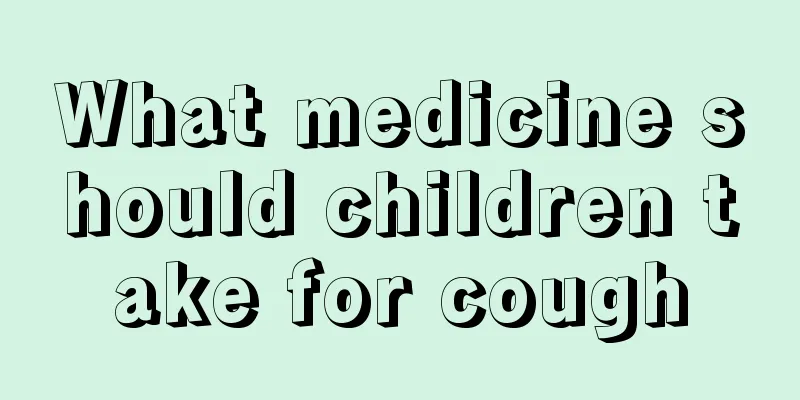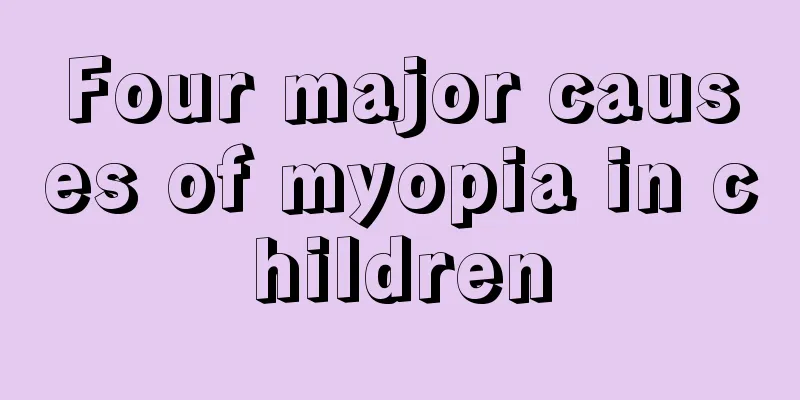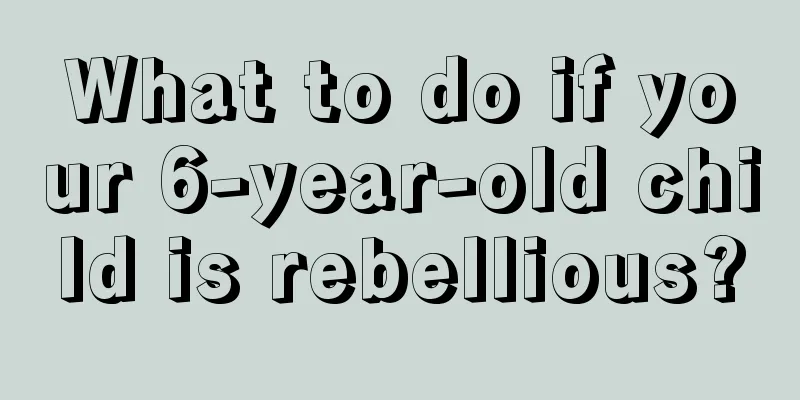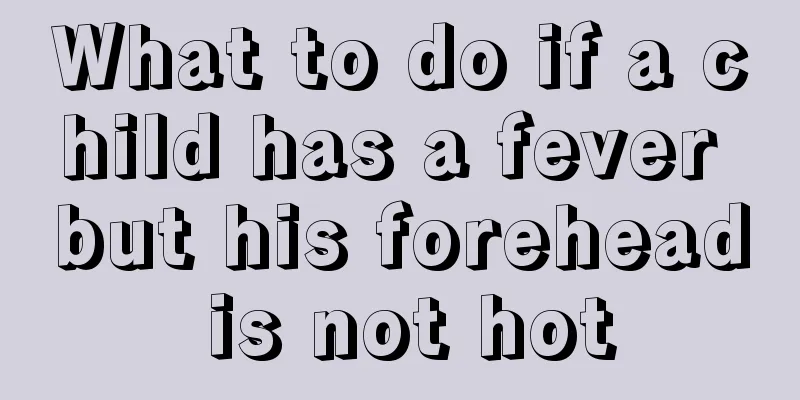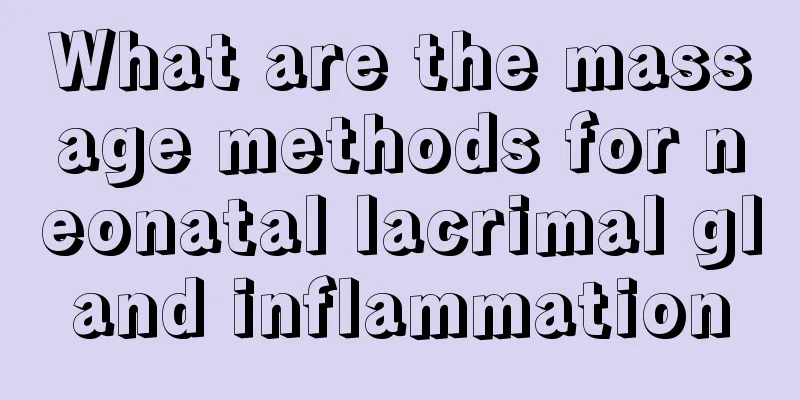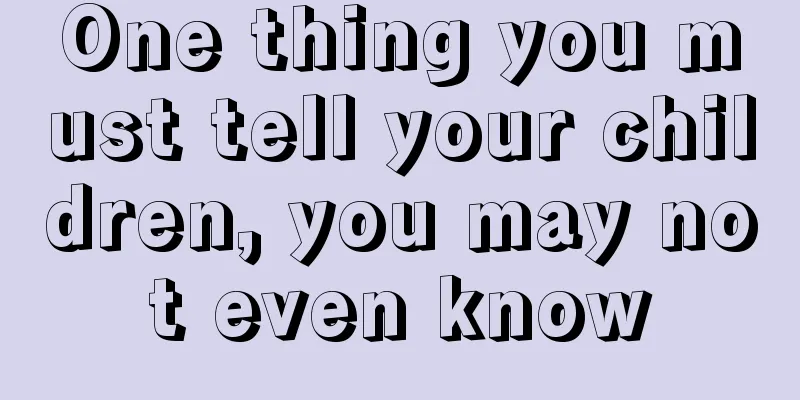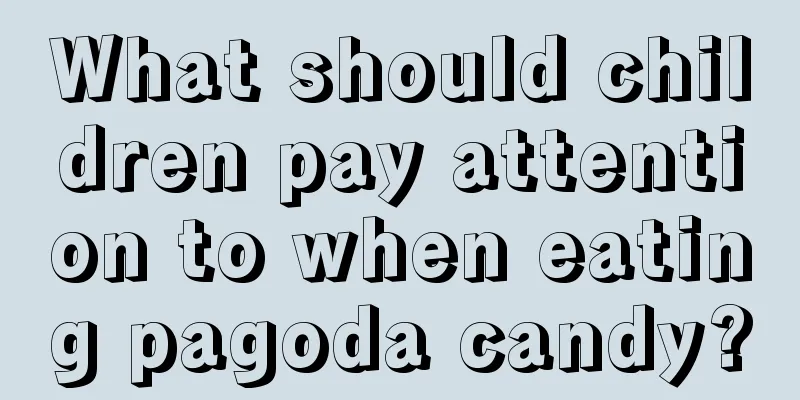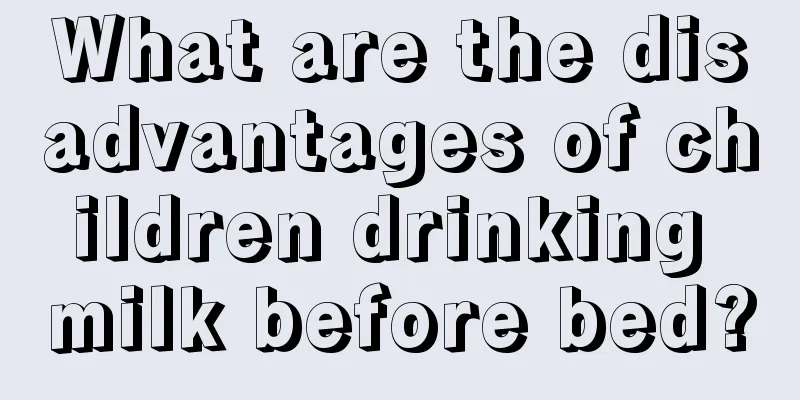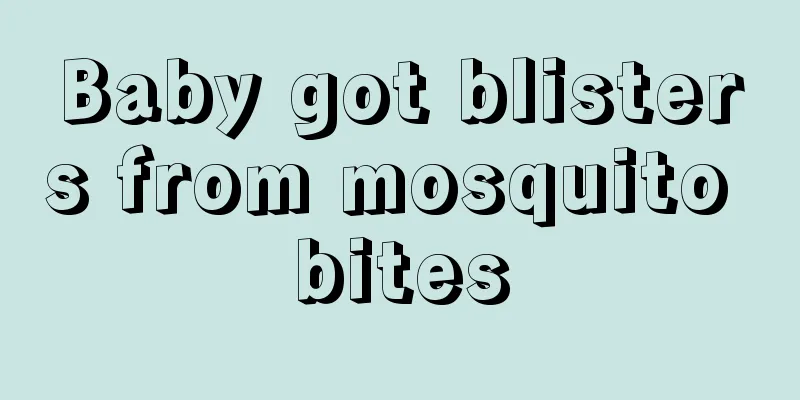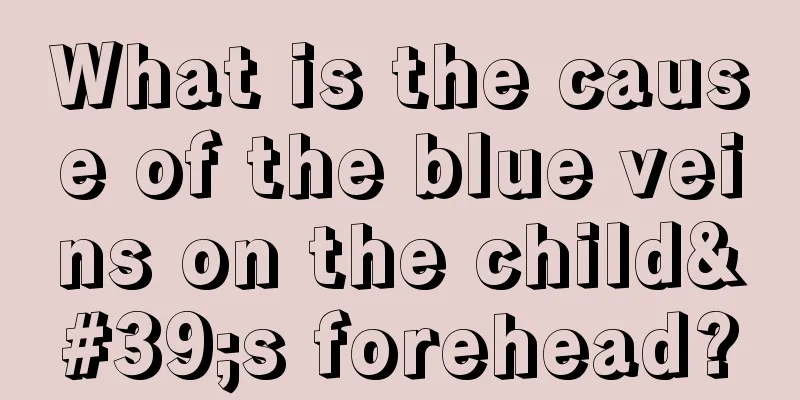What are the symptoms of epilepsy in children?
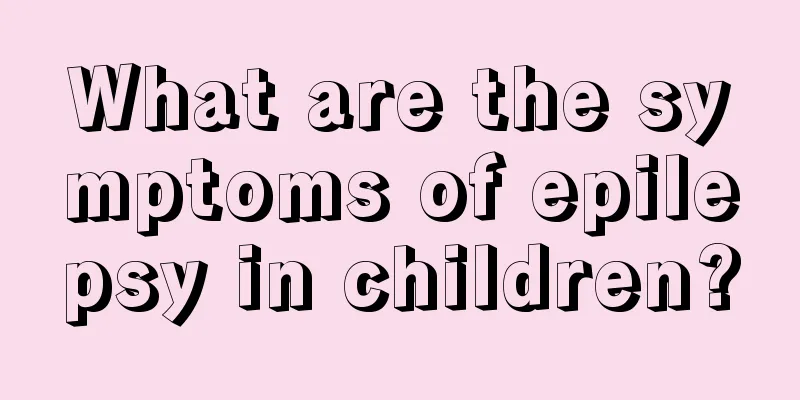
|
What people often call epilepsy actually refers to epilepsy. The causes of epilepsy in children are quite complicated. In addition to genetic factors, it is very likely caused by brain damage in children. It is also related to environmental factors. For example, children in rural areas are more likely to suffer from epilepsy, and boys are more likely to suffer from the disease than girls. So what are the general symptoms of epilepsy in children? Symptoms of epilepsy in children: 1. Major epileptic seizure: dizziness and stomach discomfort. Sudden loss of consciousness, falling to the ground, head tilted back, limb rigidity, rhythmic twitching of muscles throughout the body, frequent biting of the tongue, foaming at the mouth, and may be accompanied by incontinence, which usually lasts for 1-3 minutes. 2. Petit mal seizure of epilepsy: Petit mal seizure of epilepsy is also called absence seizure. The typical manifestation is that the patient has a brief loss of consciousness. Most of the time, consciousness is completely lost. Occasionally, the consciousness disorder is shallow. The patient has some awareness of the surroundings and can hear questions but cannot answer. Its characteristic is that the disturbance of consciousness is brief and frequent. Most attacks last 2-15 seconds each, never lasting more than a minute, and occur several to dozens of times a day. It happened suddenly and ended suddenly. It manifests as a sudden interruption of speech and activities, staring eyes, occasionally rolling up, and sometimes pale face, without any warning signs. Objects held in the hands fall to the ground, sometimes breaking the bowl. After the attack stops, the original activities are continued. 3. Psychomotor seizures of epilepsy: Against the background of impaired consciousness, there are often illusions, hallucinations and automatisms. 4. Localized epileptic seizure: also called simple seizure, manifested by rhythmic twitching of a certain part of the body, lasting for several seconds, with clear consciousness. If the epileptic discharge expands, it may extend to half of the body or the whole body. During the drug treatment of epilepsy, parents should be patient, take medication regularly, and follow up regularly. It is necessary to observe the therapeutic response, measure drug concentrations, and monitor adverse reactions. Common adverse reactions include drug allergy; effects on the blood system, such as decreased white blood cells and platelets, anemia, etc.; effects on liver and kidney function. Other less common side effects are often related to specific drugs. Not every child will experience drug side effects, and even if they do occur, most can recover after treatment. Many parents worry that their children will become "stupid" after taking medication, but in fact, most new anti-epileptic drugs have no effect on cognition. On the contrary, due to the effective control of epilepsy, the cognition of children is often improved. |
<<: Phimosis in a 10-year-old boy
>>: What are the early symptoms of epilepsy in children?
Recommend
What should I do if my baby hits his head and gets a bump?
What should I do if my baby hits his head and get...
What are the secrets of dressing your baby in winter?
Everyone has different choices of clothing in win...
Why are there blue spots around baby's lips?
When a child first comes into this world, unless ...
When is the period for children to change their teeth?
Some children need to pay attention to the tooth ...
How much milk should a 9 month old baby have?
Under normal circumstances, babies should have fo...
What is the normal height for a 14 year old?
Parents all know that children will stop growing ...
The 40-day-old baby has a swollen belly?
For new parents, when the baby has a bulging bell...
What should I do if I have a cold and a fever?
The weather in this season is hot and cold, and t...
What medicine is used for children's athlete's foot
Generally speaking, many people mistakenly believ...
Introduction to the influence of boys' height development
Many boys are generally much shorter than girls i...
What to do if your baby has a fever
After ten months of pregnancy, I finally waited f...
Can children eat Gorgon fruit?
I believe that there are many people who know abo...
Varicella vaccination time
When a child is born, parents should pay attentio...
Why does my child complain of stomachache after eating?
Children are a group that is particularly prone t...
Why can't a two-month-old baby sleep soundly?
After the joy of becoming a mother for the first ...
